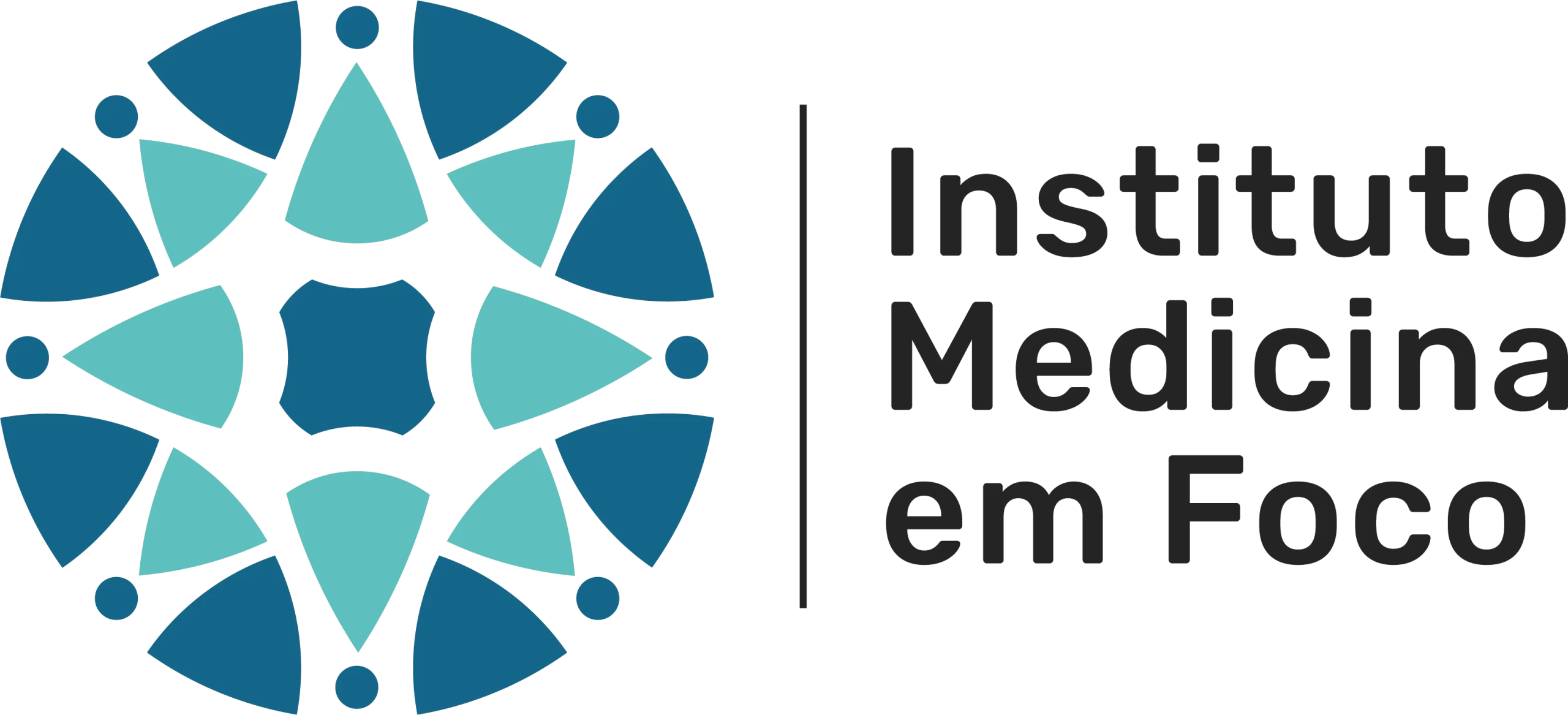Sigmoidoscopy
Sigmoidoscopy
Sigmoidoscopy: Understand Details about the Exam
It is not uncommon for healthcare professionals to use sigmoidoscopy, also called flexible sigmoidoscopy, when the flexible device is used instead of the rigid one, to diagnose conditions that affect the rectum and the final part of the large intestine.
Our intestine is known as the second brain. After all, intestinal health is a fundamental aspect of our overall well-being.
What is Sigmoidoscopy?
It is a highly specialized exam that requires specific equipment, and the more technological it is, the more precise the exam, capturing images and biopsies when necessary for greater assertiveness in the diagnosis.
However, despite being a little invasive, it is very useful for diagnosing diseases related to the distal segment of the large intestine (rectum and sigmoid colon).


What is it for?
-
What is it?
Flexible sigmoidoscopy with biopsy and/or cytology is used to confirm or rule out possible diagnoses of diseases in the rectum or lower part of the large intestine.
-
Recommendation
Normally, this procedure is recommended for patients who have symptoms such as blood in the stool or persistent diarrhea, chronic abdominal pain, thus providing the diagnosis of conditions such as rectal cancer, polyps, inflammatory diseases, diverticula, etc.
Preparation for Flexible Sigmoidoscopy Exam
Before performing this exam, some observations are necessary:
Patients over 65 years of age or who have diabetes, hypertension, kidney disease or heart problems must present recent results of the following exams:
Exam Results:
- Electrocardiogram.
- Potassium and creatinine dosages.
- Coagulogram when biopsies are indicated.
Daily Use Medications:
Patients who use weight loss, diabetes, or anticoagulant medications need to consult their doctor about suspending the medications to perform the sigmoidoscopy exam.
One Day before the Exam:
Do not eat fatty foods, red meat or excess fiber. Ingestion of alcoholic beverages and use of illicit drugs is prohibited.
On the Day of the Exam:
- Absolute fasting of 8 hours for solids and liquids when the exam is performed with sedation.
- The presence of a companion is also mandatory in cases where the patient is sedated.
How is the Sigmoidoscopy Exam Done
The exam can be done with or without sedation depending on the patient’s preference and medical indication.
In cases where there is sedation, after sedating the patient, the doctor inserts, rectally, a flexible probe with a microcamera. During the sigmoidoscopy, the doctor analyzes the images in real time and can observe any abnormalities in the area.
In addition, you can perform, if necessary, other procedures such as biopsies, removal of polyps, lesions, etc. In these cases, the material is collected by the doctor and taken to laboratory analysis for an accurate diagnosis.
Sigmoidoscopy is a quick, safe and practically painless exam.
Sigmoidoscopy or Colonoscopy: What is the Difference?
Despite having several similarities, flexible sigmoidoscopy differs from colonoscopy because it only analyzes the rectum and the lower portion of the large intestine.
Colonoscopy analyzes the entire large intestine and both sedation and bowel preparation and washing are mandatory.


Sigmoidoscopy Exam: Risks and Care
Complications such as bleeding and perforation of the colon are extremely rare, but can occur during the sigmoidoscopy exam.
As it is a simple procedure, after the exam patients are released to return to their routine activities, but it is essential to pay attention to signs of persistent discomfort.
Sigmoidoscopy Price
The prices of this exam vary greatly. Consult us for specific information on costs and health plan coverage.
If you wish to ask other questions with a specialist doctor or even schedule your exam immediately, contact us through the Instituto Medicina em Foco website, or by phone and WhatsApp: (11) 3289-3195.
News
Nephrologist Consultation Cost 2025 in São Paulo
Consultation with a Nephrologist in SP starting from R$ 750.00. Private and online care with specialists in kidney diseases at the Instituto Medicina em Foco.
Colonoscopy: an essential test for intestinal health
Schedule your colonoscopy in São Paulo. Complete colon examination with simple preparation and an experienced medical team.
Pilonidal disease: causes, symptoms and treatment options
Pilonidal disease: learn about causes, symptoms and treatments from a coloproctology specialist to recover your health.



